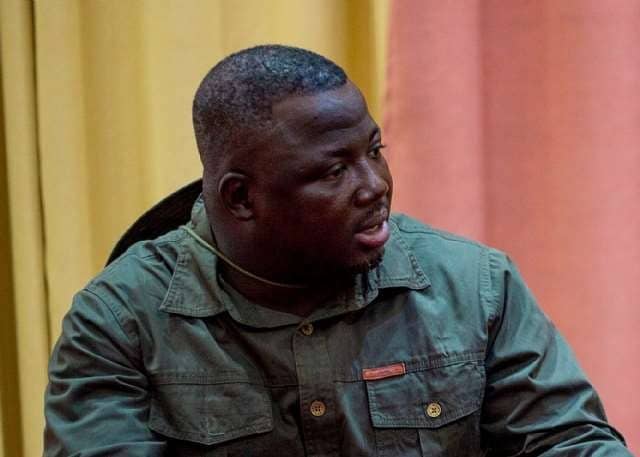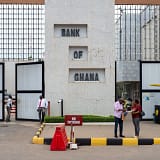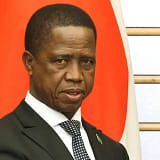News
“Enough Is Enough”: Mustapha Gbande Calls for Arrest of Afenyo-Markin and Others in ECG Scandal
Published
8 months agoon
By
M N Ridwan
Mustapha Gbande, Deputy Director in charge of Operations at the Presidency, has called for the immediate arrest of three prominent figures involved in the controversial disappearance of over 1,300 containers belonging to the Electricity Company of Ghana (ECG) at the Tema Port.
The containers, which contained critical electrical equipment intended for national power distribution, have gone missing, sparking outrage and raising serious concerns about potential corruption and mismanagement in Ghana’s power sector.
Speaking on Citi FM on March 31, Gbande named Alexander Afenyo-Markin, the former Board Chairman of ECG, Dr. Matthew Opoku Prempeh, the former Minister of Energy, and Samuel Dubik Mahama, the former CEO of ECG, as key individuals responsible for the missing containers.
Gbande’s call for their arrest comes after an investigative report revealed serious procurement irregularities and questionable transactions related to the handling of the containers.
The disappearance of the containers, which contained vital equipment for power distribution, has caused widespread alarm.
According to the investigation, certain government officials and executives within ECG may have been aware of the mishandling of the goods but did nothing to rectify the situation.
Gbande stressed that such negligence, especially involving critical national assets, cannot be tolerated and must be addressed swiftly.

Gbande’s frustration was evident as he demanded that the individuals implicated take full responsibility for their actions.
“The Board Chairman, Afenyo-Markin, now wants to run away from responsibility, and it is in the interest of the country for him to be arrested immediately,” he said.
“We cannot continue to have these instances of corruption, and it is time for us to take action.”
The controversy has sparked widespread debate about corruption within the public sector and the need for stricter accountability measures.
Gbande’s call for the immediate arrest of the three figures highlights growing impatience with the status quo and a growing demand for justice and transparency in handling state resources.
The issue remains a focal point for discussions on governance and the need for rigorous investigations into the procurement and management of public assets.








